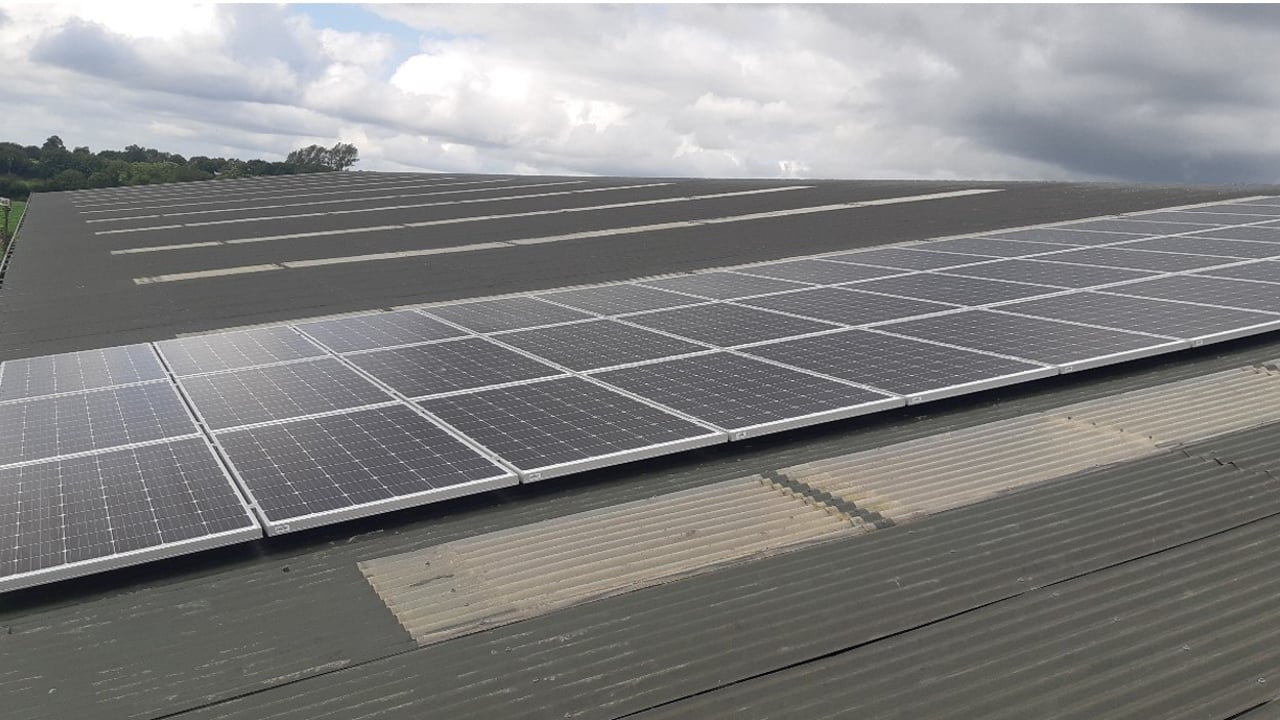Solar panel planning exemptions by end of June - TD
Planning exemptions to install solar panels on the roofs of farm buildings are expected by the end of June, according to a Green Party TD.
The derogation also means that planning permission would no longer be required for larger installations of solar panels on residential rooftops; schools; community centres; and some commercial buildings.
The draft regulations are currently undergoing the Strategic Environmental Assessment process.
The environmental report and draft regulations will be published for a four-week public consultation "shortly". Following this, the regulations will be come before the Oireachtas, with the new regulations expected to be completed by the end of June
Deputy Steven Matthews welcomed that this "unnecessary planning regulation" would be removed.
"The Microgeneration Support Scheme will also allow residents to get paid for excess energy they generate. Payments for excess energy have commenced and the roll out of smart electricity meters to facilitate individuals to ‘feed-back’ into the national grid is accelerating," the Wicklow TD said.“The overall package of grants, feedback tariffs and ease of planning regulations makes sense in the context of the immediate energy crisis, but also for our longer-term objectives for accelerating our renewable energy objectives and reducing fossil fuel dependency.
"These measures support key government policies on energy, our transition to net zero and will help us to achieve our EU renewable energy targets," Matthews commented.
The announcement comes on the back of a bill brought to the Seanad by the Green Party in June 2021.
Senator Pauline O’Reilly, who brought the bill to the Seanad, explained that it can currently take months of paperwork and formalities to get permission to install even one solar panel on these buildings.
“This will open up opportunities for farms, schools and other public buildings to install enough panels to finally power some or all of their electricity needs and to sell any excess electricity that they generate back to the grid," she said.






